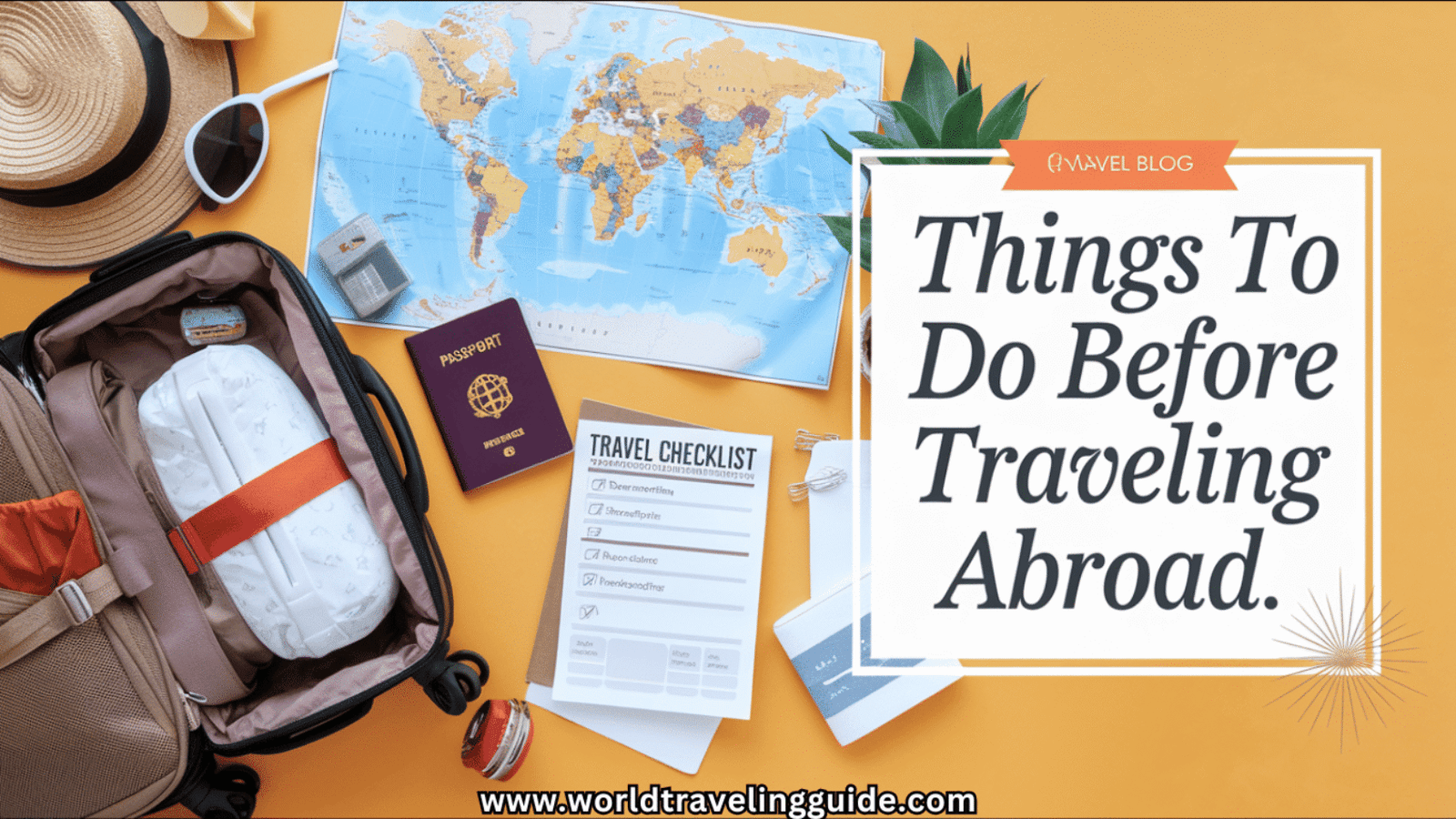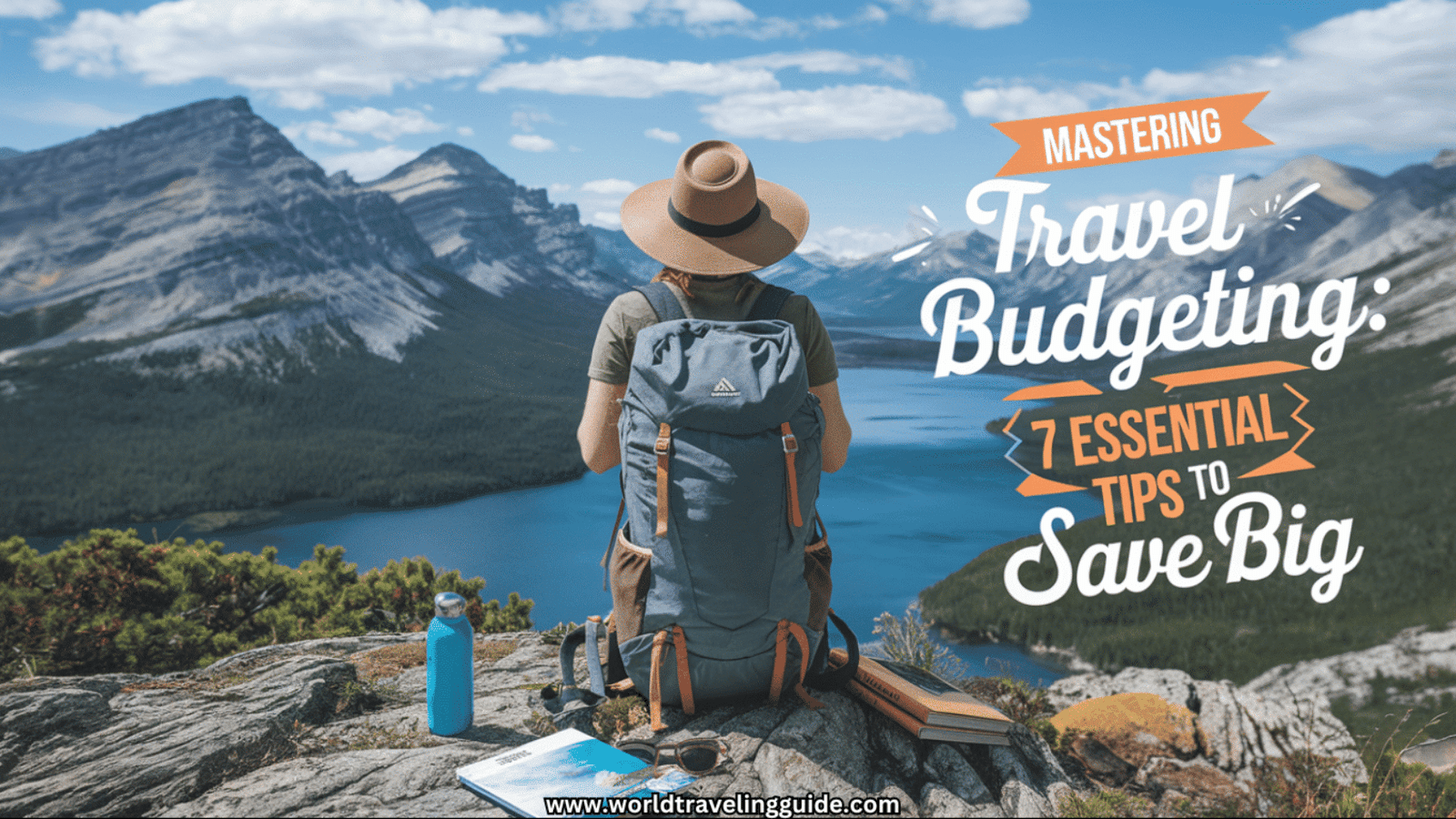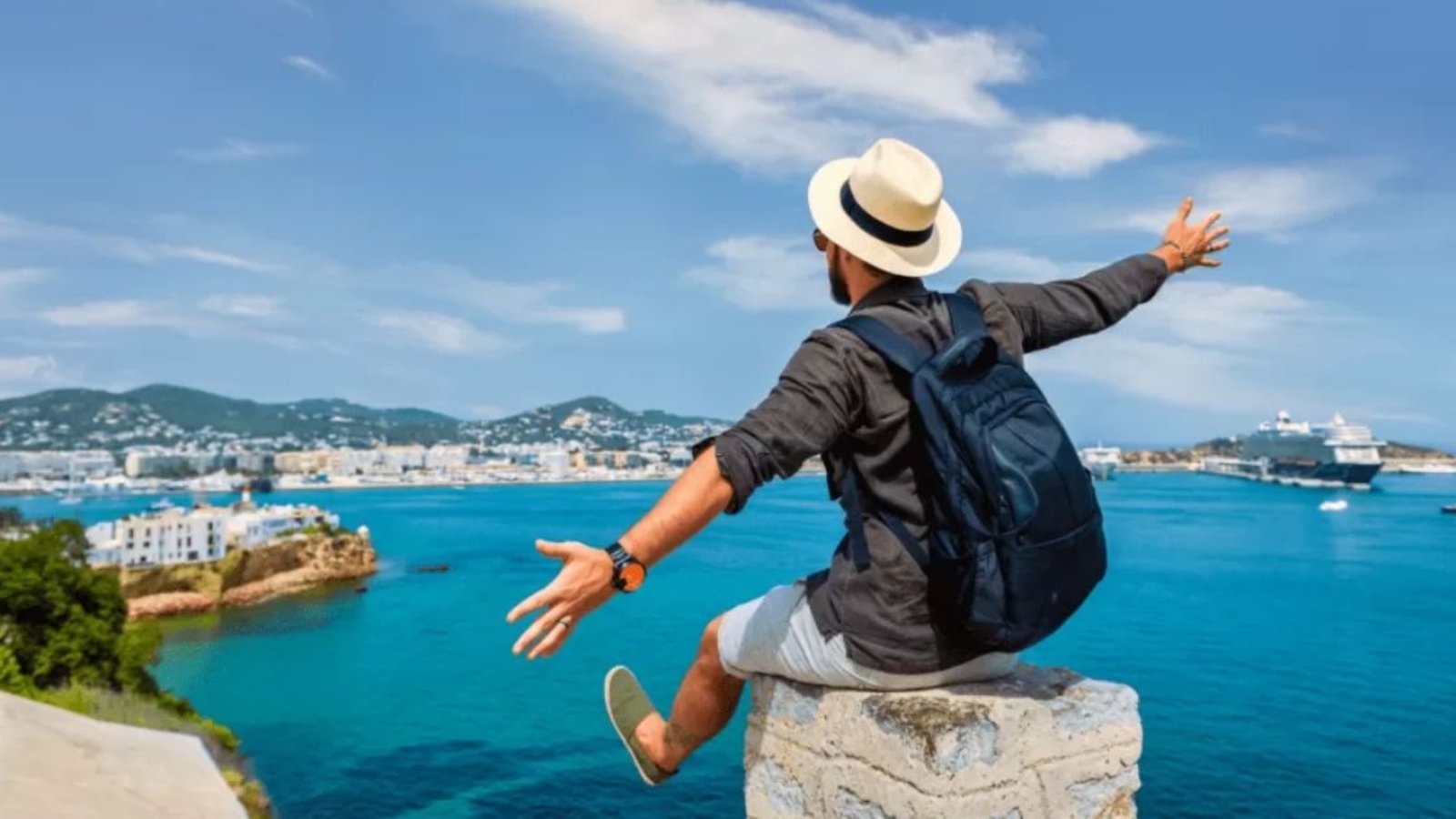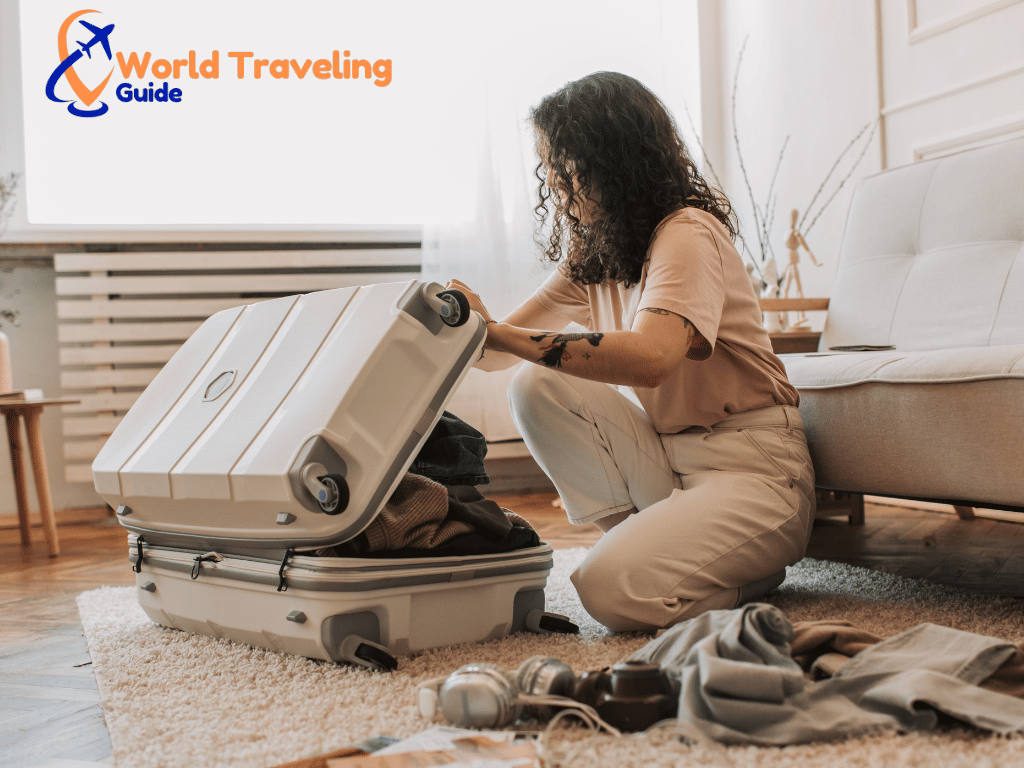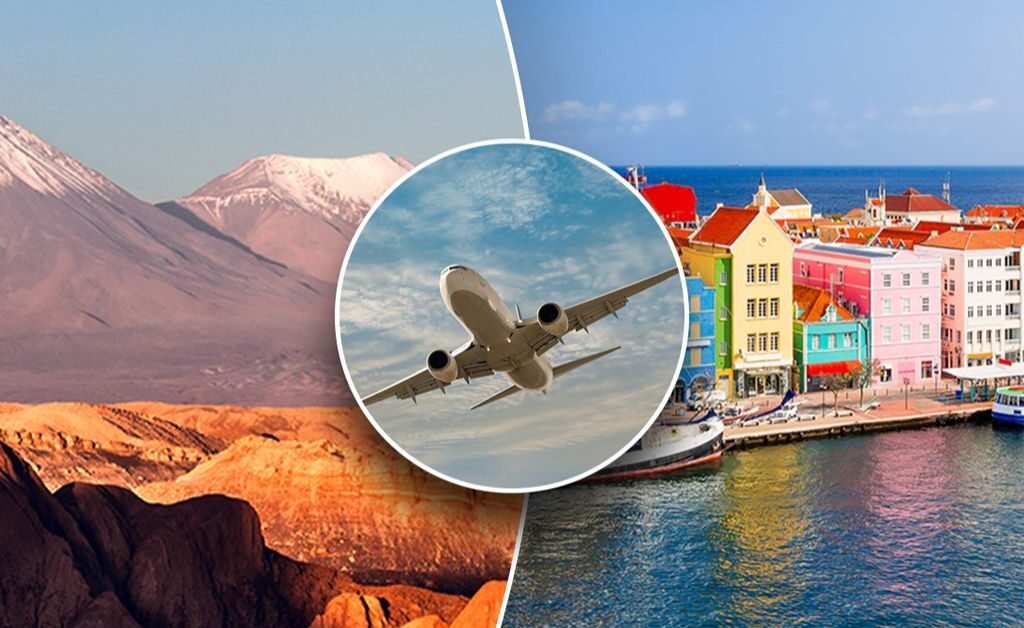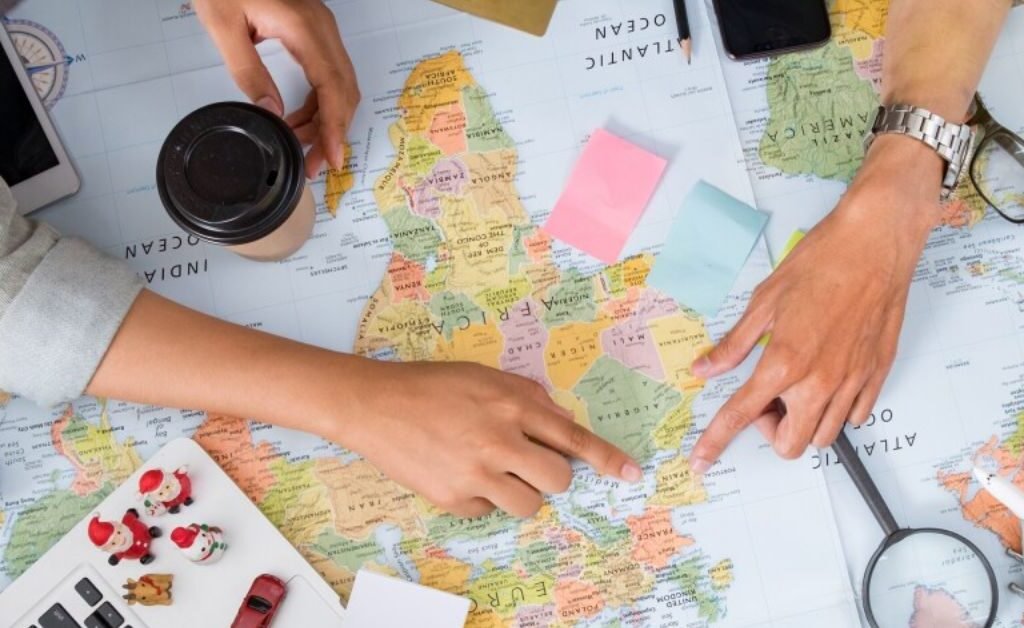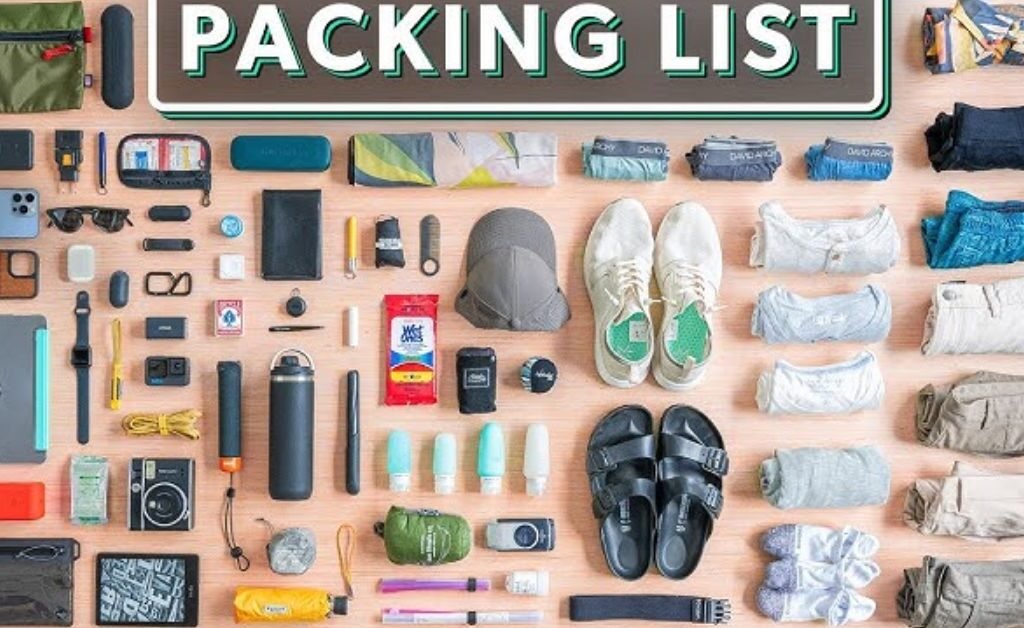Introduction
Traveling abroad is exciting, opening doors to new cultures, flavors, and experiences. However, without proper preparation, this adventure can sometimes feel overwhelming. Knowing what to handle beforehand, from gathering essential documents to creating a packing list, can ease the transition and help you start the journey confidently. This guide covers practical steps to help ensure a smooth travel experience, so you’re ready for anything that comes your way.
Importance of Preparation
Preparation is key to a successful journey, especially when traveling to a new country. Proper planning not only helps reduce travel-related stress but also ensures you have everything you need to stay safe and comfortable. Whether it’s understanding local customs or learning a few essential phrases, these steps enhance your travel experience by allowing you to navigate unfamiliar surroundings with ease. By taking time to prepare, you also minimize the risks of last-minute surprises, giving you peace of mind throughout your trip.
Gather Important Documents
Before embarking on your journey abroad, it’s crucial to collect and organize all necessary documents. This step is vital for a hassle-free experience at customs and immigration. Here’s a list of crucial documents you should collect:
Passport: Make sure your passport remains valid for a minimum of six months beyond your intended return date. Verify if your destination requires any specific visas for entry.
Travel Insurance: Secure travel insurance to protect yourself against medical emergencies, trip interruptions, and the loss of personal items.
Keep a copy of your insurance policy and important emergency contact numbers with you.
Flight Itinerary: Print or save a digital copy of your flight itinerary, including departure and arrival times, as well as layover information.
Accommodation Details: Have confirmations of your hotel bookings or addresses of where you’ll be staying, along with contact numbers.
Emergency Contacts: Create a list of important contacts, including family members, friends, and your country’s embassy or consulate at your destination.
Health Records: If you have specific health needs, carry a record of vaccinations, medications, and any necessary prescriptions.
Credit and Debit Cards: Inform your bank about your travel plans to avoid card issues while abroad. Carry a backup payment method, such as cash in local currency or an additional card.
By ensuring all these documents are in order, you can focus on enjoying your trip rather than worrying about potential hiccups.
Create a Pre-Travel Checklist
A pre-travel checklist is your best friend when preparing for a trip abroad. It serves as a helpful reminder to make sure you don’t overlook any important items. Here’s a detailed checklist you can customize based on your travel needs:
Health Preparations:
Schedule any necessary vaccinations and health check-ups.
Pack a basic first-aid kit, including common medications (e.g., pain relievers, allergy medications).
Packing Essentials:
When packing, take into account the weather conditions and the cultural practices of your destination.
Pack adaptable clothing that can be combined in various ways for different looks.
Toiletries: Bring travel-sized toiletries, including shampoo, conditioner, and personal hygiene items.
Electronics: Pack your phone, charger, and any other devices. Consider a universal travel adapter for your electronics.
Travel Gear:
Luggage: Choose luggage that meets airline size regulations. Consider a carry-on for essentials.
Daypack: A small backpack for daily outings and excursions.
Financial Preparations:
Inform your bank about your travel itinerary and the countries you’ll be visiting.
Research currency exchange rates and carry some cash in the local currency.
Important Contacts:
Write down emergency contacts, including family, friends, and local emergency numbers.
Save embassy contact details and local authorities’ numbers.
Travel Guides and Maps:
Download or print maps of your destination, including public transportation routes.
Research local customs and etiquette to be respectful and well-informed.
Itinerary Planning:
Create a rough itinerary of activities you’d like to do each day, including addresses and opening hours.
By following this checklist, you can ensure that nothing is left to chance and enjoy your travel experience to the fullest.
Packing Smartly
Packing smartly can significantly enhance your travel experience and help you avoid unnecessary stress. Here are several useful strategies to optimize your luggage space while making sure you have all your essentials:
Use Packing Cubes:
Utilize packing cubes to categorize your clothing and accessories, such as tops, bottoms, and undergarments, for better organization in your suitcase.
This will keep your suitcase tidy and make it easy to find items.
Roll Your Clothes:
Rolling your clothes instead of folding them helps maximize space in your luggage while reducing wrinkles. This technique enables you to optimize your packing space effectively.
Layer Your Outfits:
Select clothing pieces that can be layered to accommodate different weather conditions.
A light jacket can be useful for cool evenings, while versatile pieces can be dressed up or down.
Pack a Reusable Water Bottle:
Pack a reusable water bottle to keep yourself hydrated throughout your travels while also helping to minimize plastic waste. Most airports have water refill stations, making it easy to fill up after security.
Include Travel-Sized Containers:
Instead of bringing full-sized toiletries, use travel-sized containers for liquids, gels, and creams. Many stores sell pre-packaged travel kits for convenience.
Plan for Laundry:
If you’re traveling for an extended period, consider bringing a small bag for dirty laundry. You can also pack a small amount of laundry detergent for quick washes in your hotel sink.
Leave Room for Souvenirs:
Make sure to leave some space in your luggage for any souvenirs or items you may purchase during your travels.
Use a Checklist:
Compile a packing list to help you remember all the essentials you need for your trip. Mark off items on your list as you pack them to maintain organization and ensure you don’t forget anything.
By packing smartly, you can avoid overpacking and ensure that your travel experience is as smooth and enjoyable as possible.
Research Your Destination
Thorough research about your destination can greatly enhance your travel experience. Understanding the culture, local customs, and practical information can make your trip more enjoyable and help you avoid any potential pitfalls. Consider focusing on the following important areas:
Cultural Norms and Etiquette:
Familiarize yourself with the cultural norms and social etiquette of the country you are visiting. This includes greetings, dining customs, and any behaviors that may be considered rude or inappropriate.
Local Laws and Regulations:
Every country has unique laws and regulations that it’s important to familiarize yourself with. Research any legal restrictions, especially regarding alcohol consumption, smoking, or photography in certain areas.
Language Basics:
Even if you’re not fluent in the local language, mastering a few essential phrases can significantly enhance your interactions.
Simple greetings, polite expressions, and asking for help can help you connect with locals and show respect for their culture.
Transportation Options:
Research the public transportation system in your destination. Understanding how to navigate buses, trains, and local transport can save you time and money. Consider downloading transportation apps that are popular in the area.
Currency and Payment Methods:
Get to know the local currency and familiarize yourself with the current exchange rates to avoid any confusion while managing your expenses.
Get to know the local currency and current exchange rates.
Know where you can exchange money and whether your debit or credit cards are widely accepted.
Keep yourself updated on the safety conditions of your destination by reviewing travel advisories. Research common scams and identify areas that are best to avoid for a safer experience.
Safety Considerations:
Stay updated on safety conditions in your travel destination. Review travel advisories and familiarize yourself with common scams and regions to steer clear of.
Having a basic understanding of your surroundings can help you stay safe.
Local Cuisine:
Research the local food culture and popular dishes to try. Knowing what to order can enhance your culinary experience and help you discover new flavors.
Activities and Attractions:
Make a list of must-see attractions and activities in your destination. Consider booking tickets in advance for popular sites to avoid long lines and ensure you don’t miss out.
By thoroughly researching your destination, you can immerse yourself in the local culture and make informed decisions that will enhance your overall travel experience.
Prepare for Communication
Effective communication is vital when traveling abroad. To ensure that you can stay connected and navigate any challenges, consider the following preparations:
International Roaming Plans:
Contact your mobile carrier to inquire about options for international roaming services during your travels. Determine whether it’s more cost-effective to keep your existing plan or purchase a local SIM card upon arrival.
Language Translation Apps:
Download language translation apps to assist you in conversations. Apps like Google Translate can help you understand menus, signs, and communicate with locals. Get to know the app’s functionalities before your journey.
Offline Communication:
Ensure you have offline options for communication in case of limited internet access. Download maps and key information so you can navigate without relying on data.
Emergency Contacts:
Save important contacts, including local emergency numbers, your country’s embassy or consulate, and any friends or family members who may be traveling with you. Keep these contacts accessible on your phone and in a physical format as a backup.
Cultural Sensitivity:
Be mindful of language barriers and cultural differences in communication styles. A friendly smile and polite gestures can often bridge gaps when words fail.
Travel Apps:
Install travel apps that offer local insights, tips, and recommendations. These apps can help you navigate public transportation, find restaurants, and discover attractions in real time.
Local SIM Card vs. International Plan:
Weigh the pros and cons of purchasing a local SIM card versus using an international plan. Local SIMs often offer better rates for data and calls, but ensure your phone is unlocked.
Prepare for Dialing Codes:
Research the dialing codes for the country you are visiting, especially if you need to call home or local contacts. Knowing the correct dialing procedures for international calls will help you avoid delays and make your communication smoother.
By adequately preparing for communication, you can ensure a smoother travel experience and stay connected with friends, family, and important information during your journey.
Conclusion
Traveling abroad can be an enriching experience, but proper preparation is key to ensuring that your journey is enjoyable and hassle-free. By following this comprehensive checklist, you can minimize anxiety and maximize the benefits of your trip. Remember to gather all necessary documents, create a thorough pre-travel checklist, and pack wisely to make your adventure seamless.
Don’t overlook the importance of preparing for communication and understanding the local culture, which can greatly enhance your interactions and experiences abroad. Equip yourself with the skills and knowledge needed to navigate new environments, and always stay informed about safety and health considerations.
With thoughtful preparation and an open mindset, you can embark on your travels with confidence, ready to explore the world and create unforgettable memories. Happy travels!

